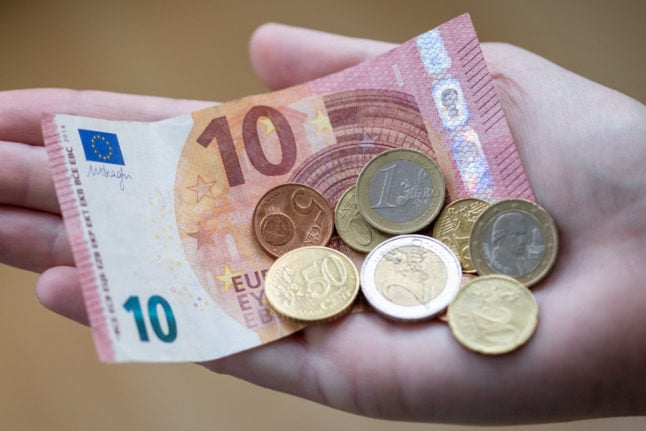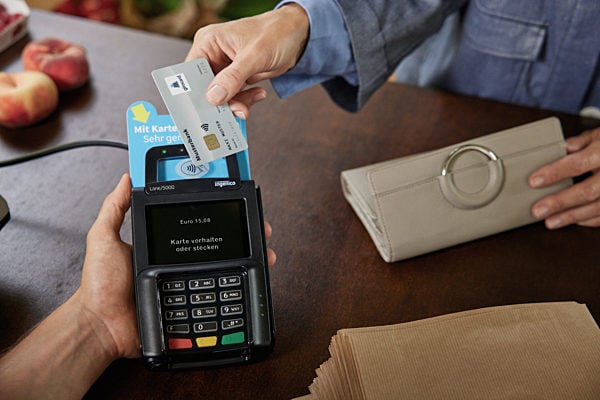What’s happened?
The highest German tax court on Monday dismissed two claims by pensioners alleging double taxation of their retirement savings. They had complained that the tax they’d already paid on their income to fund their pension could have to be paid again in tax on their pension due to the current transitional regulations in place (more on that below).
“The revision is unfounded because there is no double taxation,” said judge Jutta Förster.
However, the court did call for an overhaul of the taxation system, saying there could be an excessive tax burden on many pensioners in the coming years.
It said the government needed to take action to avoid future pensioners having to pay taxes twice under the transitional rules currently in place.
Förster said that, above all, a basic tax-free allowance, that all taxpayers are entitled too, must be excluded from the taxation of pensions.
READ ALSO: What are Germany’s planned pension reforms?
What’s the background?
In 2005 Germany began to transition to a “downstream” pension taxation, which made retirement funds liable to tax.
Under this law, pension contribution payments gradually became essentially tax free while the taxable share of pension income is being increased in a process set to conclude by 2040.
The aim was to reduce tax during people’s working years so that in retirement – when income is usually lower – the amount of tax paid is also lower too. It means that the taxation essentially takes place after your working life.
Before that, the pension contributions of employees were taxed “upstream”. Pensions had been largely tax-exempt because the contributions were made from taxed salaries.
The court was considering whether the federal government is getting too much money from the gradual conversion of pension taxation at the expense of pensioners.
Later on Monday, Germany’s Finance Ministry said it plans to reform the taxation of pensions – but only after September’s federal elections.
READ ALSO: How does Germany’s pension system measure up worldwide?
The ministry said it could see contributions to statutory and private pensions during a person’s working life being fully tax deductible before 2025. At the moment about 92 percent of them can be deducted.
“This is a proposed solution that we can envisage,” State Secretary Rolf Bösinger said, adding that Germany did not want to hit pensioners with tax twice.
However, this task will be placed in the hands of the coming federal government, which will be elected in September.
The Federal Constitutional Court had told the federal government to change the system to “downstream” taxation almost 20 years ago so that pensioners and retired civil servants were treated equally.
Retired civil servants have always had to pay tax on their pensions.
READ ALSO: Is it worthwhile for expats in Germany to have an offshore pension plan?
At the same time, the court ruled that pensions should not be taxed twice. This means that every pensioner must receive at least as much tax-free pension as he or she has previously paid in contributions from taxed income.
The ruling could have a major impact on state coffers.
In order to avoid double taxation, “the shortfall in income between 2020 and 2040 could total an estimated €90 billion,” according to an analysis by the Institut der deutschen Wirtschaft (IW), reported the Handelsblatt.
READ ALSO: How to maximize your German pension even if you retire elsewhere
More than 20 million people in Germany are currently receiving pensions.
In the last few years there has been a push around Germany to raise the pension age to 69, up from 65-67, in light of rising lifespans.
Vocabulary
Pension – (die) Rente
Pensioners – (die) Rentner
Dismissed/rejected – abgewiesen
Taxation – (die) Besteuerung
Transition phase – (die) Übergangsphase
We’re aiming to help our readers improve their German by translating vocabulary from some of our news stories. Did you find this article useful? Let us know.



 Please whitelist us to continue reading.
Please whitelist us to continue reading.
Member comments